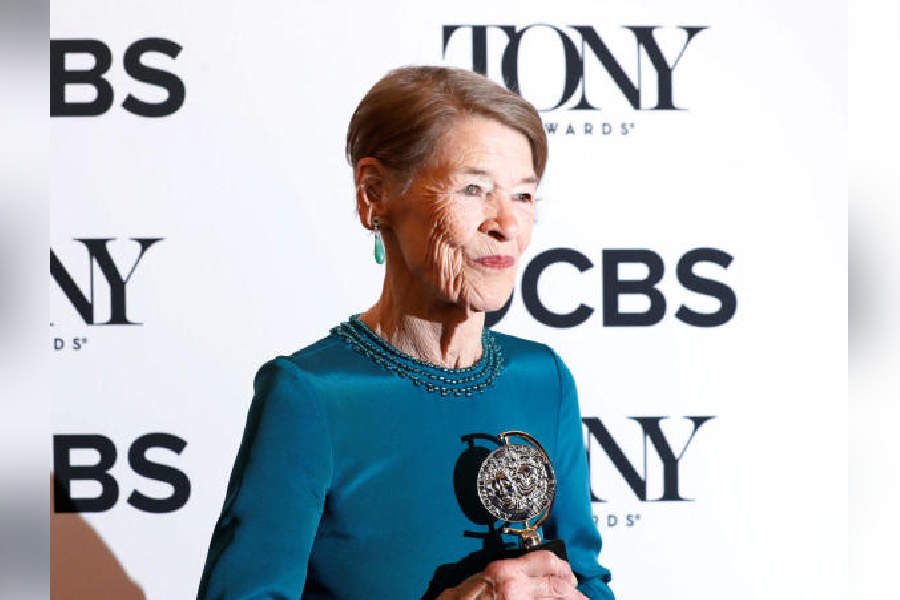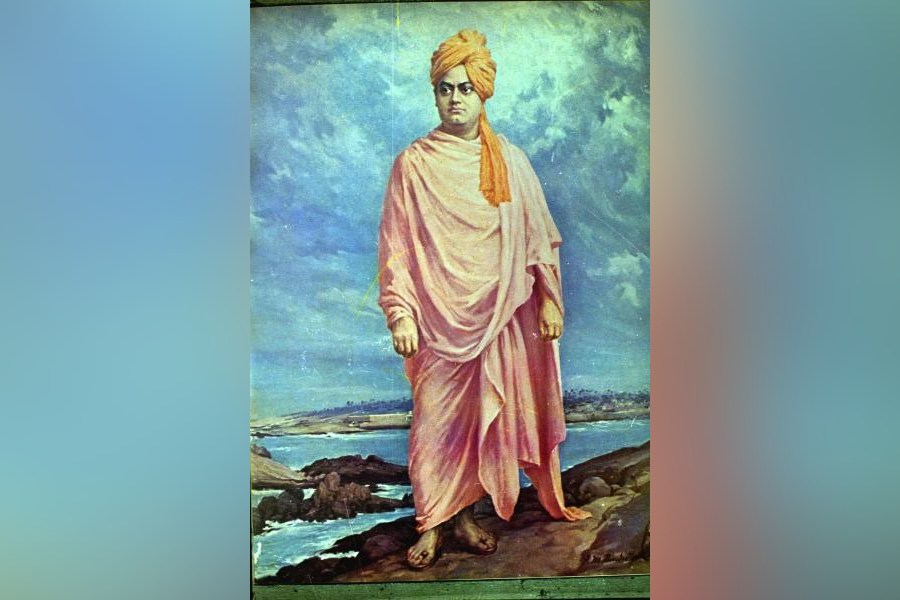Inclusive vision
Among the five books shortlisted for this year’s Elizabeth Longford Prize for Historical Biography was Ramachandra Guha’s winning Rebels against the Raj: Western Fighters for India’s Freedom but there was another entry with an Indian connection. This was Guru to the World: The Life and Legacy of Vivekananda. It is by Ruth Harris, professor of European History and the author of Lourdes and The Man on Devil’s Island, which won the Wolfson Prize and the National Jewish Book Award.
She was interviewed by Professor Rana Mitter, who said, “Vivekananda died young, just 39 years old in 1902. And that gets me thinking about legacies. He’s praised by the current Indian prime minister, Narendra Modi, as being the father, in some senses, of Hindu nationalism. Is that the best way to think about why he’s important today? Or is there more beyond that?” Harris replied: “Because he died young, it’s so hard to know how he would have reacted to the freedom struggle and... 20th century India. In terms of Modi, yes, of course, you can look very hard, you can find instances of Vivekananda upholding the notion of Hindu India as the mother of spirituality, of these civilisational values, that [of] uplifting Hinduism, above all, and there’s no doubt to that.”
“But there’s another way of looking at it,” she added. “His constant emphasis [was] on diversity and democracy and plurality and his conviction that the only way of really creating an India that works is by encompassing that diversity. You might say that that whole notion of Hindu encompassment is very intolerant because it takes people in but it’s certainly not the idea that there should be a Hindu nation, which is what Modi thinks there should be.”
Leading lady
Glenda Jackson, who won the Oscars for best actress for Women in Love in 1970 and A Touch of Class in 1973, died on June 15, aged 87. I discovered that she was very unconventional when I interviewed her in 1991 for the Daily Telegraph. This was when she announced she was giving up films to stand for Parliament as the Labour candidate for Hampstead and Highgate in north London. She picked the Ibis, a nondescript hotel in Greenwich, as our meeting point. She wanted to signal she was now a serious politician so she wore no makeup and looked as plain as possible.

Glenda Jackson File photo
My first job after leaving university was for a local paper called the Hampstead News. The place was full of rich and famous people who were collectively derided by the Right as “champagne socialists” because of their Left-wing sympathies. Nigel Horne, the editor of the Telegraph magazine, wanted me to ask as many celebrities as possible, “Will you vote for Glenda?” They did, and she remained a member of Parliament from 1992 to 2015, to be succeeded by Sheikh Hasina’s niece, Tulip Siddiq, who paid tribute to her predecessor: “A formidable politician, an amazing actress and a very supportive mentor to me.”
Mystery solved
Vishal Bhardwaj, who is well known for his Shakespearean adaptations — Maqbool (2003), Omkara (2006), and Haider (2014) — has been in London, and explained why he chose The Sittaford Mystery by Agatha Christie for a six-part series for Indian television.
Written in 1931, it is not one of Christie’s best-known works but Bhardwaj said he was greatly taken in with the character of Miss Emily Trefusis. When her fiancé, James Pearson, is accused of killing his uncle, Captain Trevelyan, she sets out to prove his innocence. Bhardwaj has transposed the Dartmoor location to a hill station in the Himalayas, with Emily becoming Charlie Chopra.
Christie offered a “juicy genre”, said Vishal, adding that he was put under pressure to cast a star for the lead role “but I have taken a new girl... I’m in love with her work now... I really enjoyed doing this series, and creating this character... We will keep making [more adaptations].”
Britain in bloom
We’ve had a few days of warm sunshine after a very wet spring and Britain is in bloom, with roses doing especially well. My spirits have been lifted by the Chelsea Flower Show, the Summer Exhibition at the Royal Academy and the RHS Botanical Art & Photography Show at the Saatchi Gallery. The latest idea of the Royal Horticultural Society is quite radical: it is, apparently, not a good idea to have manicured lawns. “No-mow May” has encouraged gardeners to leave weeds and wildflowers alone in an effort to give endangered bees a chance. Also, digging doesn’t necessarily improve the soil.

Footnote
I have just been to the National Theatre to see Dear England, a riotous new play about why the national football team keeps fluffing penalty shootouts. The problem is said to be psychological. Written by James Graham, the central character of Gareth Southgate, the English football manager, is played brilliantly by Joseph Fiennes. It occurred to me that we need a play examining why the Indian cricket team keeps fluffing finals. Could it be that some of the players have become too rich and arrogant?










